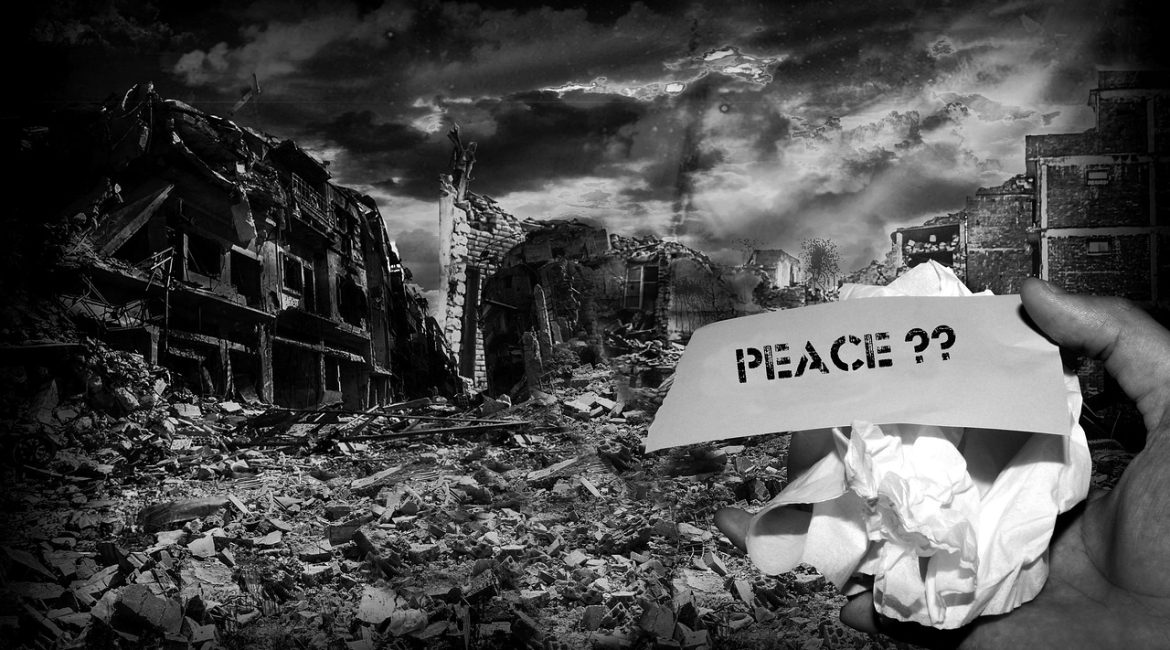Israel has retreated from its goals in Gaza, without officially announcing it, after taking the complete control of the Northern Strip and “cleansing” it of its residents, expelling them towards the south and making a security buffer zone that prevents “surprises” that threaten Israeli security, as happened on October 7 of last year. But the retreat in Gaza is accompanied by an escalation and expansion of the war on the Lebanese northern front, to completely get rid of the growing danger posed by Hezbollah, within the framework of the increasing confrontation with Iran.
The continuation of the Israeli war, and the growing displacement crisis (about 1.2 million displaced persons) on the cusp of winter, in a country already experiencing very difficult economic and social conditions, accelerate the risks of a major collapse. National and humanitarian solidarity with the displaced is more than necessary, and this is what we are witnessing. But with the increasing number of displaced persons in the open war waged by Israel, while the “international community” is in the position of a spectator, there is fear of a major collapse, and the serious repercussions it carries for society and the state. This is happening while Israel is working to marginalize and besiege the role of “UNIFIL.”
Calls for a ceasefire, even if temporary, have not yielded any results, even though international parties have the ability to influence Israel, if they really wish.
Today we are at a crossroads between stopping the fighting or sliding into a broader war, if the ongoing war continues. The statement issued by the Gulf-European summit called for a cessation of fighting, and this is a good European position that must be implemented. Recently, France hosted an international conference to support Lebanon: to provide humanitarian aid, as well as support the Lebanese army, so that it can effectively assume its responsibilities when a ceasefire is reached, and also launch a diplomatic solution that allows the return of the displaced, in accordance with Security Council Resolution 1701.
Reducing tensions that some influential capitals are working on is necessary, but it is not sufficient. The required and realistic solution begins with a ceasefire on the Lebanese and Gazan fronts, without directly linking them, despite the mutual influence between the two fronts on the level of a comprehensive peace. The calm that is supposed to provide the necessary condition for reviving an actual peace process is still very far away, and faces many obstacles, but it is necessary to avoid slipping again, under different titles and for multiple interests and goals, into new wars.
Washington has a special responsibility because of the nature of its relations with Israel to actually work to bring about a ceasefire. This can only be done through a Security Council resolution in this regard, which is the Council’s first responsibility on its list of responsibilities regarding international peace and security.
A ceasefire is a necessary condition for effective discussion of negotiation formulas and the required paths for that. Israel cannot continue to enjoy international immunity that allows it to flagrantly and continuously violate relevant Security Council resolutions, given birth to serious repercussions on security and peace in the Middle East and on the interests of all, whether in the region or outside it.

